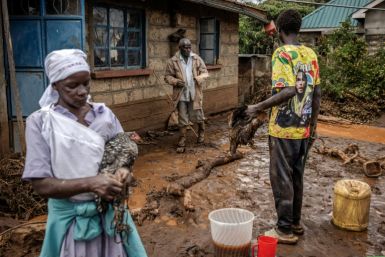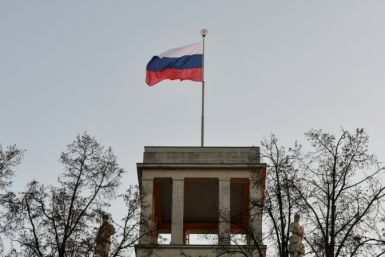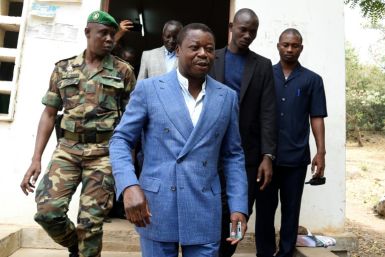SA Supreme Court Blocks Argonaut Resources’ Exploration Project
The South Australian Supreme Court overturned on Tuesday a ministerial approval given to Argonaut Resources (ASX: ARE) to drill for copper, gold and iron-oxide in parts of Lake Torrens and Andamooka Island.
The court ruled in favour of traditional landowners who belong to the Kokatha Wati and Andymathantha people. In reversing the approval, the court said that the traditional landowners were denied procedural fairness in not being consulted properly in the exploration venture between Argonaut and Straits Resources.
Another issue against the joint venture is that Straits does not actually hold any exploration rights but it is held by another company.
Argonaut Chairman Patrick Elliott expressed disappointment with the court decision in a statement to the Australian Stock Exchange.
"South Australia is the only jurisdiction in Australia with legislation that provides for the mandatory delegation of ministerial powers to traditional owners, thus providing an effective right of veto over any activity," Mr Elliot said.
"In our case, a site card was lodge and then amended following its initial submission to cover an increase area, including the proposed drill targets at Torrens," he added.
The JV is included in SA's outback known for its rich deposits of copper and gold. The area includes the Olympic Dam operated by BHP Billiton and Prominent Hill and Carapateena run by OZ Minerals.
Argonaut raised alarm that the veto power could be applied to non-mining activities such as public infrastructure projects. The mining firm pushed for the amendment of the Aboriginal Heritage Act which is the source of the veto power.
However, Vince Coulthard, chair of the Andyamanthanha Traditional Land Association, explained that the objective of their Supreme Court challenge was not to stop mining projects in the area but to question government process. He pointed out that Aboriginal Affairs Minister Grace Portolesis is mandated by law to consult with traditional owners before she decides on exploration project applications.
Mr Coulthard stressed that traditional owners are not against mining exploration in itself since there are a large number of aboriginal people who are employed as miners.
The SA Supreme Court gave the state government to appeal its decision to the High Court.
"I strongly encourage the South Australian government to act quickly and decisively to regain the power to determine the fate of development in the state and to introduce appropriate procedural rigour for the benefit of investors," Mr Elliot said.
Argonaut is an international mineral exploration firm. Besides exploration interests in SA, the company is pursuing two prospective and unexplored mineral concessions in Laos. These are the 226-square kilometre Century project where Argonaut holds a 70 per cent interest and the 588-square kilometre Xekong project where the firm has a 65 per cent stake.
Native title litigation in Australia started in the 1970s when the aborigines and Torres Strait islanders became politically active. It led to the enactment of the Aboriginal Land Rights Act in 1976 that established a procedure which returned about 40 per cent of Australia's Northern Territory to natives. A similar legislation was passed covering SA.






